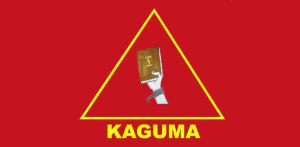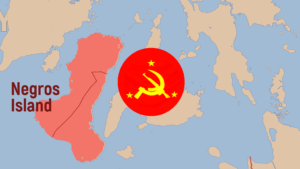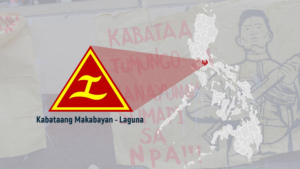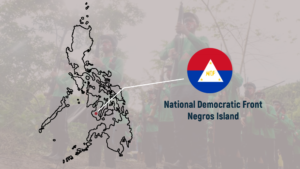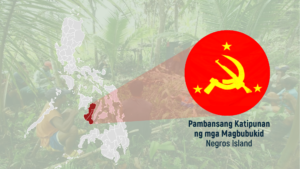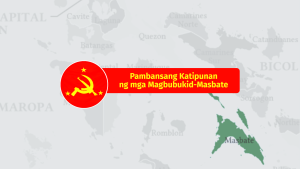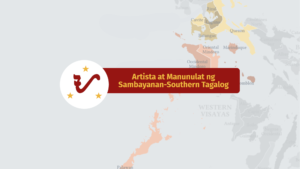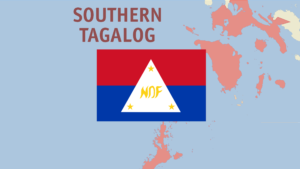El Niño and state fascism worsen Negros Island's economic crisis
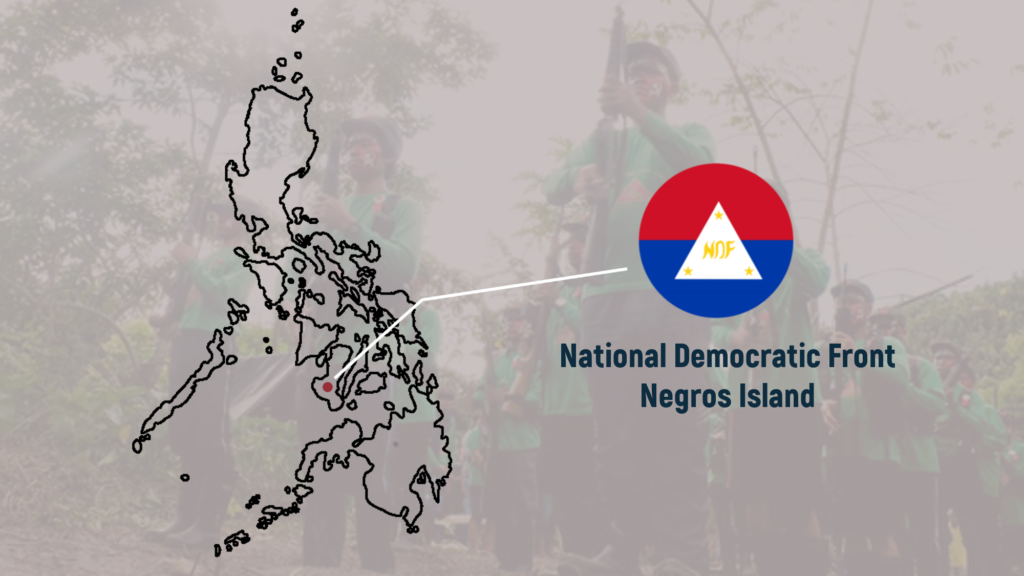
The drawn out El Niño phenomenon has put the Negrosanon masses in immensely dire straits. Roughly 16,000 farmers, farm workers and fisherfolk all over the island are affected by drought and extreme heat.
Damage caused by El Niño to agricultural products, livestock and fisheries in Negros Occidental is more than Php300 million affecting 5,864 hectares of rice lands and 178.91 hectares of corn fields; while it has reached over Php1.6 billion affecting around 4,900 hectares of agricultural lands in Negros Oriental. The monocrop sugar economy on the island has been particularly hit with more than Php200 million of damages to 4,705 hectares of sugarcane fields in Negros Occidental.
The reactionary government has already declared the entire province of Negros Oriental under state of calamity. Meanwhile two cities and one municipality in Negros Occidental, namely San Carlos City, Kabankalan City and San Enrique, are now under state of calamity.
As the drought has spanned for months, the reactionary government’s efforts prove to be lackluster. The US-Marcos II regime has given more promises than actual aid to the people. The corruption inside the bureaucracy has rotten it to the core to the point that it exploits the people’s demand for their economic rights and welfare to serve their interests and swell up their pockets. The reactionary bureaucracy is now more focused on preparing for next year’s reactionary elections.
Meanwhile, it is utter insult to small planters, farm workers and sugar mill workers that the reactionary government, through the Sugar Regulatory Administration, is pushing to meet the 24,700 metric tons US raw sugar export quota by June to September this year and at the same time planning to import sugar in the second half of the year to respond to the impending sugar deficit as a result of the El Niño phenomenon. These farcical moves will only benefit big traders who are also the comprador bourgeoisie and big landlords.
Furthermore, the economic crisis impacted by El Niño is worsened by intensified militarization on the island. Large-scale military operations of the Armed Forces of the Philippines (AFP) continue to attack the disaster-stricken hinterlands of Negros. Recently in Himamaylan City, soldiers of the 94th IB Charlie Company based in Barangay Mahalang with elements of the Citizen Armed Force Geographical Unit (CAFGU) hindered local farmers of Sitio Kangkiling, Barangay Buenavista from cutting sugarcane in their small communal farm because it allegedly belonged to the New People’s Army (NPA). The military threatened the farmers with violence if they dare to continue cutting the sugarcane.
In the midst of extreme hunger, landlessness and poverty, reactionary state forces also enforce community hamletting and curfews akin to martial law. Cases of human rights violations perpetrated by the AFP, Philippine National Police (PNP), and the National Task Force (NTF)-Elcac throughout Negros Island keep increasing. Red-tagging and filing of trumped-up charges against legitimate community organizers also continue despite the recent Supreme Court ruling on red-tagging’s threat against life and liberty.
Ultimately, only the NPA along with the revolutionary mass organizations led by the Communist Party of the Philippines (CPP) has shown sincere interest in helping the Negrosanon masses during times of crises and calamities. Cooperation of the masses and Red fighters prove to help in the recovery of damages in livelihoods and production during El Niño. Collective action of the people has reaped way more compared to false and hollow promises of the reactionary government.
The efforts of the National Democratic Front (NDF)-Negros and its allied organizations will carry on as the socioeconomic and humanitarian crisis on the island lingers. We enjoin patriotic and progressive individuals and organizations to work hand-in-hand with the peasantry to overcome the El Niño and the burden of state terrorism. ###

